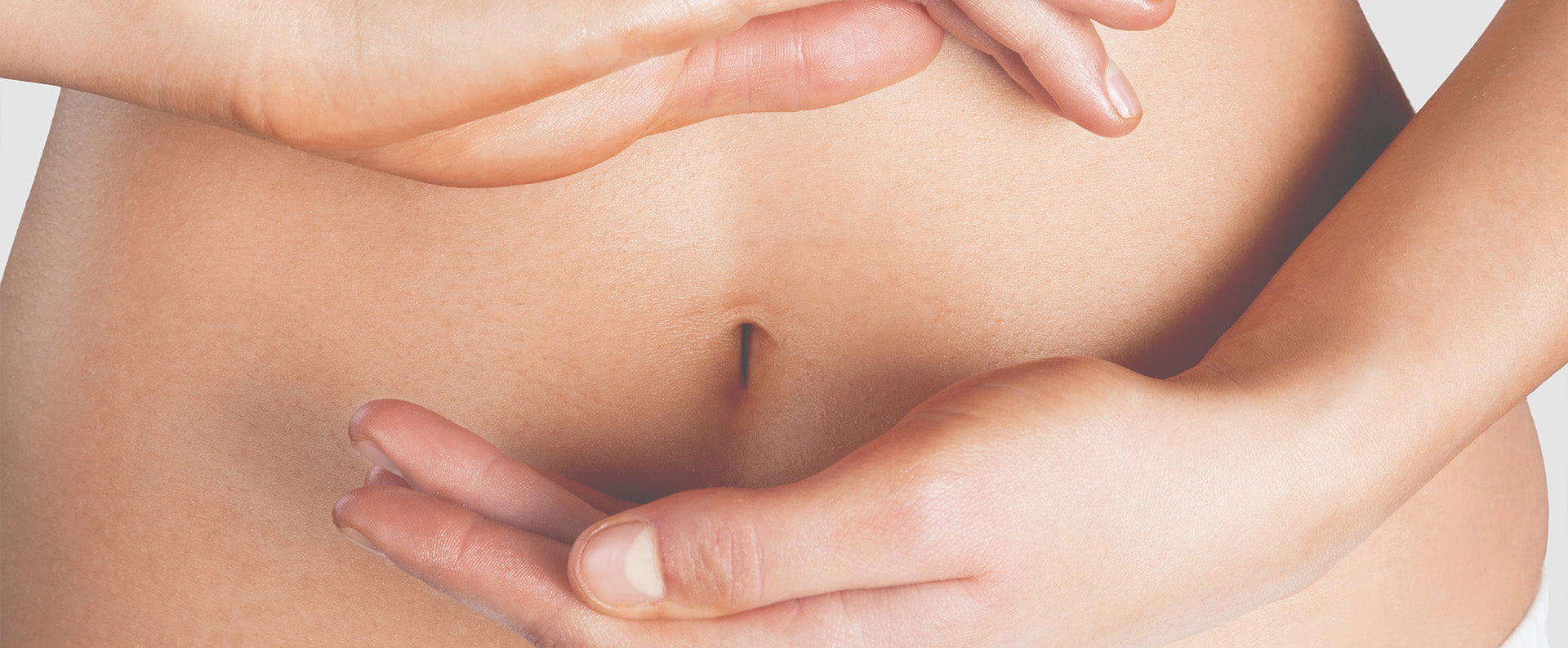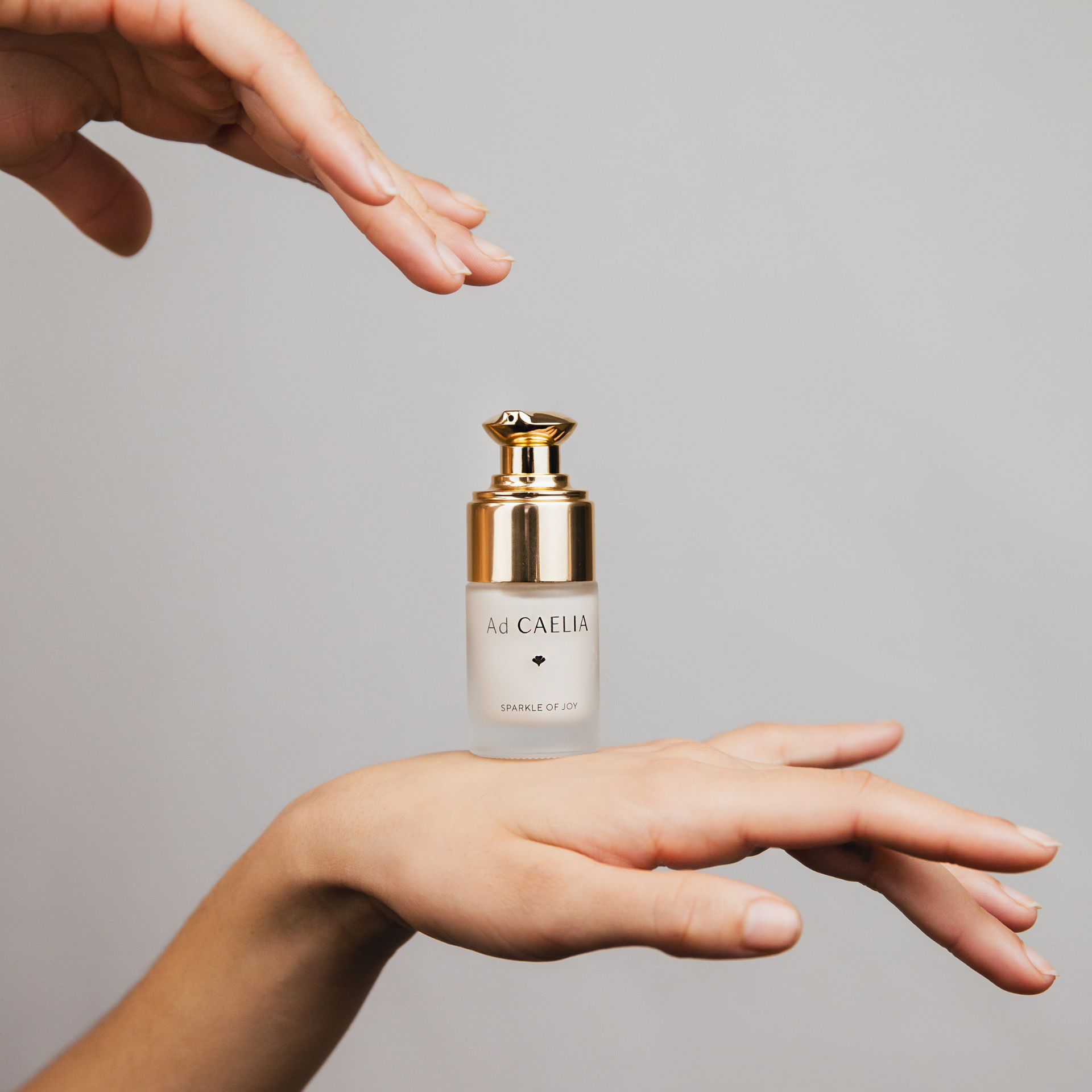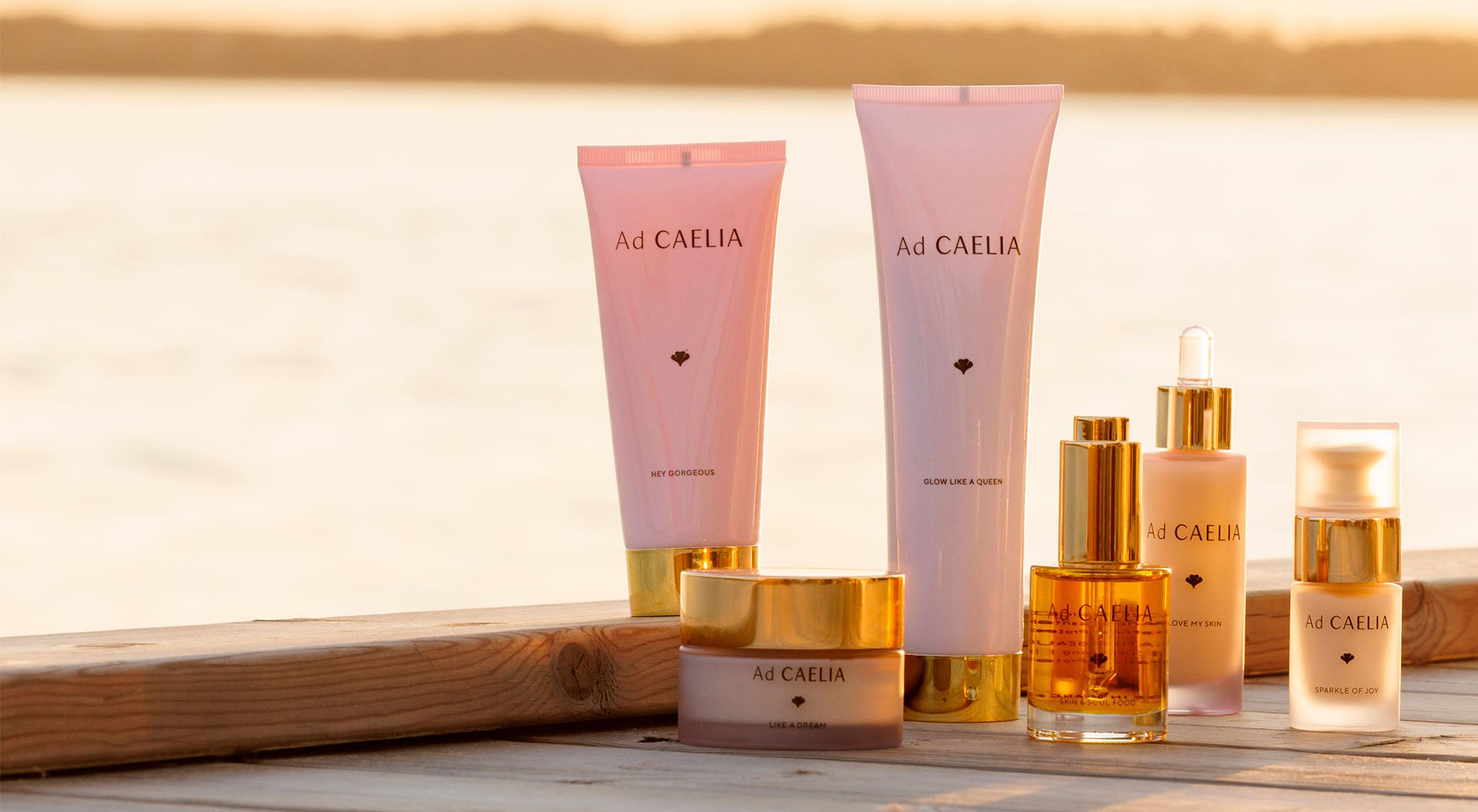
Balancing the intestinal flora
This is where the health and beauty of our skin begins! The microbiota (also called intestinal flora) is the source of many imbalances in the body and skin. Pampering and balancing your intestinal flora is an essential step if you want to overcome any health problem – or simply boost your energy and overall vitality.
Already 3,000 years ago, Hippocrates said: " ...all disease begins in the intestine " And he was right...
But what exactly is the microbiota?
The microbiota is a group of microorganisms that live in the intestines, composed of billions of bacteria:
- Saprophytic bacteria, the “good” bacteria: clean, repair and help maintain the health of the intestine. They help to properly digest food and absorb nutrients.
- Pathogenic bacteria, the "bad" bacteria: although they are called bad, they are also important (in good proportion) to maintain the balance of the microbiota and strengthen the immune system. Only in excess can they become harmful and cause various pathologies.
These bacteria work in synergy to maintain good general health, and constitute a protective barrier against external agents and prevent their colonization. If the balance is disturbed, pathogenic bacteria take over and are likely to cause various diseases and symptoms inside and out.
Today we live in a world that weakens and even kills our "good" bacteria too much, which encourages the proliferation of "bad" bacteria: the imbalance in our intestine is quickly established with a bad lifestyle (a non-organic lifestyle).
In our intestinal flora are found approximately 70% of our immune cells as well as many hormones essential for the overall regulation of the body (nervous health, energy level, stress management, skin health, etc.)!
When the microbiota is out of balance, this can often start to manifest itself through digestive problems (bloating, gas, cramps, pain) but can also then be the cause of various disorders and pathologies such as:
- Anxiety
- Chronic fatigue
- Autoimmune diseases (rheumatoid arthritis, multiple sclerosis, lupus, type 1 diabetes etc)
- Food sensitivities and allergies
- Hormonal imbalance
- Skin problems (acne, psoriasis, eczema etc.)
- An immune dysregulation
- And more!
How to restore the balance of the intestinal microbiota?
To restore the flora, it is important to think about everyday diet and to favor foods that will be able to feed the good bacteria and thus fight against the "bad" ones. Just as bad foods contribute to the imbalance of the flora, good foods will promote its balance. The right combination of pre- and probiotics is important for intestinal health. For an optimal effect of rebalancing the flora, we combine the two in our daily diet.
Prebiotics vs Probiotics:
Prebiotics are foods that will promote the growth or activity of good bacteria in the intestine by feeding them.
- The artichoke
- The leek
- Garlic
- The onion
- Asparagus
- The banana
- Endive
- Honey (raw and organic)
Probiotics are good “live” bacteria that can be found in certain food products: for example:
- Lacto-fermented vegetables and juices
- Sauerkraut
- Miso (fermented soybeans, try drinking it for example, before meals or as a snack!)
- Kimchi (fermented vegetable that you will find more and more in supermarkets, fresh produce section or in Asian markets)
- Kombucha (a sparkling and refreshing drink made from fermented tea. You will find it in organic stores, it will be your new healthy alternative to sodas)
- Microalgae such as spirulina and chlorella which have the properties of promoting the presence of bifidobacteria and lactobacilli in the digestive system.
- Apple Cider Vinegar (raw, unfiltered, unpasteurized version that I add to my salad dressings)

To go further if necessary, you have specific protocols to follow and you have to stick to them for about 3 months to give the intestine a chance to regenerate. Here's how it might go:
Protocol to regenerate the intestine and balance the flora, in 5 steps:
1. Eliminate all irritants from the intestine that prevent an environment favorable to the life of our “good” bacteria:
- Alcohol, caffeine, processed foods, food additives
- Inflammatory foods: gluten, dairy, meat, sugar (especially refined), corn, soy, and eggs
- Foods that cause sensitivities. Take a few days to make a list of foods that cause sensitivities or that you have trouble digesting. Some you may already know about and others that may not be as apparent - stay tuned!
- Prescription medications that may cause digestive upset (except any ongoing essential treatment of course – discuss this with your doctor.
- Infections of parasites, bacteria or yeast in the intestine (do a laboratory test)
2. Increase stomach acidity, bile and digestive enzymes.
- A tablespoon or two of fermented vegetables helps increase stomach acidity just before a meal.
- Avoid drinking during your meals as it prevents the production of stomach acid and slows down digestion. If you want to drink a beverage with your meal, drink lukewarm water, never cold.
- Drink dandelion tea to increase HCL production (stimulates the pancreas and small intestine to produce digestive enzymes and bile)
- Don't forget bitter foods (eg dark green vegetables), they help stimulate stomach acidity and produce digestive enzymes.
- Chew your food well. Your saliva is full of digestive enzymes… use them! The more food breaks down in your mouth, the less your intestines have to work. It’s important not to miss any digestive steps, you can’t make up for it later….
3. Reintroduce. Then it’s time to restore the intestinal flora with the right foods…
- Fermented products are valuable for the flora, I prefer lacto-fermented vegetables but some can also take small portions of kefir (fruit), tempeh (fermented tofu), a little wholemeal and organic sourdough bread.
- Fresh cistus pollen is great for rebalancing the flora and taking care of good digestion and transit. Personally, I take it regularly as a cure throughout the year. It is a natural pre and probiotic.
- Aloe vera – an amazing plant that helps cleanse the intestinal tract and repair the walls. I recommend taking it before probiotic supplements. But this plant pairs perfectly with naturally probiotic foods like fresh pollen, fermented foods etc.
- A course of probiotic supplements. Even if they cannot in any way "cure" a seriously disturbed intestinal flora, they can be of service to a temporarily mistreated flora and help with a general rebalancing (diet, lifestyle). The ideal is to take them as a course once the intestine is somewhat cleansed and to swallow them on an empty stomach.
4. Strengthen the microbiota, creating a healthy environment for your bacteria to thrive.
- Include prebiotics (garlic, onions, bananas, asparagus, etc.) which will help feed the bacteria, just like us they need food to grow.
- Foods rich in vitamins A, C, D and E (wheat germ oil, sunflower seeds, orange, strawberries, small oily fish, etc.).
- Eat foods rich in L-glutamine, an amino acid that will help repair and restore the lining of your gut (chicken, fish, beans, green leafy greens (spinach, kale), etc.). You can also take it in supplement form which is often included in a cleanse to combat leaky gut.
5. Maintain a balanced microbiota
- By eating prebiotics and probiotics
- By favoring a natural and balanced diet, but also adopting a mindful diet and a healthier lifestyle over time.
Digestion is incredibly important for everyday good health. Unfortunately, many people today eat too quickly, on the go, in front of the computer, on the subway, and we now know that stress + food = indigestion.

Stress prevents the digestive system from functioning properly and inhibits many functions of our body. When stressed, we are tense, our muscles are tense, and blood circulation is less fluid. The body is actually preparing for action and cannot concentrate on digestion at the same time. Eating in a relaxed manner is then a key to promoting good digestion. Avoid eating when you are upset or sad (emotional stress), but prefer to distract yourself and do something else while you calm down (breathe, meditate, go for a walk outdoors), and enjoy your meal later.
Beyond digestive stress, find techniques for managing stress on a daily basis (a key factor for intestinal health)! You will find many techniques offered on my site, for example on meditation, calm breathing, yoga, soothing beauty rituals (and even more of course in my book Reveal Your Glow where I give you many vitality and anti-stress recipes). Find what suits you, and put it into practice regularly. It is better to do a little every day than to do a long session from time to time.
Then it is obviously important to make sure you get enough sleep and move your body – these actions are naturally part of a healthy lifestyle and help us regulate and maintain intestinal health in the long term.
As you can see, there is a bit of work to be done to regenerate the intestine and balance the flora, but it is clearly worth all the effort… restoring intestinal health will without hesitation be the most important work to gain vitality and overall beauty. This is the gesture with which to start to vibrate stronger and shine every day!
CP banner: @pinterest





Leave a comment
This site is protected by hCaptcha and the hCaptcha Privacy Policy and Terms of Service apply.